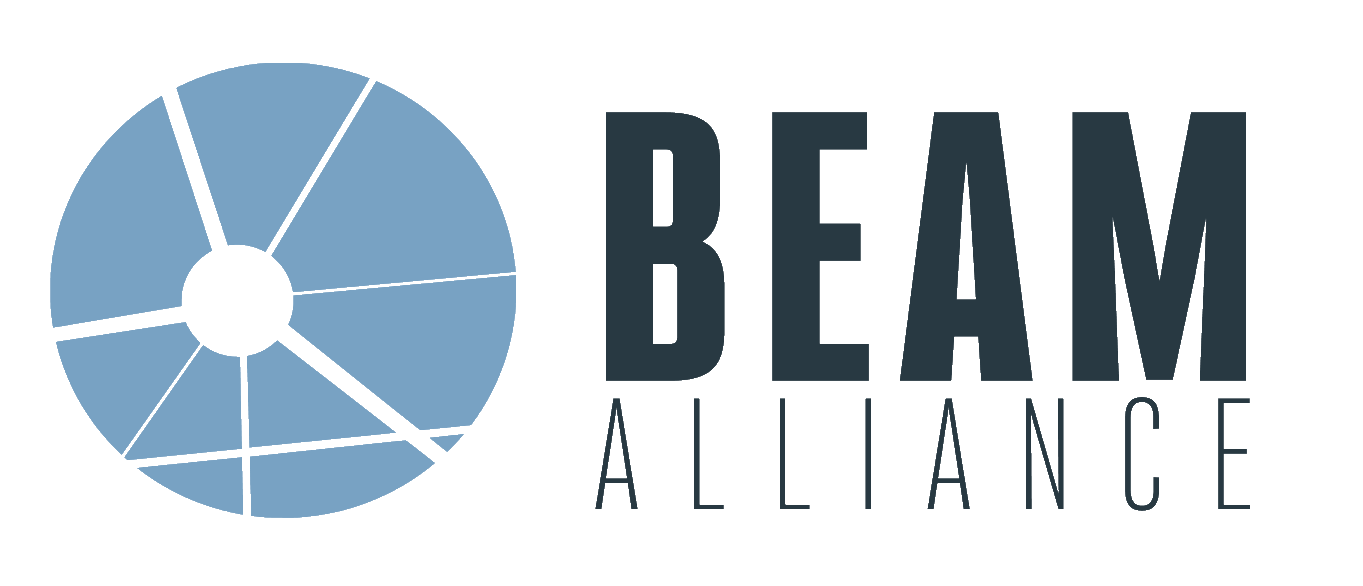Basilea: ERADICATE phase 3 study results highlight the potential role of ceftobiprole in the treatment of Staphylococcus aureus bacteremia (SAB)
- Basilea Pharmaceutica International

- Late breaker presentation at IDWeek 2022
- First double-blind registrational phase 3 study in Staphylococcus aureus bacteremia
- Ceftobiprole non-inferior to daptomycin, meeting primary endpoint and demonstrating similar secondary efficacy outcomes
Basel/Allschwil, Switzerland, October 24, 2022
Basilea Pharmaceutica Ltd (SIX: BSLN), a commercial-stage biopharmaceutical company committed to meeting the needs of patients with severe bacterial and fungal infections, reported today that data from the successfully completed phase 3 ERADICATE study1, evaluating ceftobiprole in the treatment of adult patients with bacterial bloodstream infections caused by Staphylococcus aureus, (SAB), have been presented at the scientific conference, IDWeek 2022, which took take place in Washington, D.C. from 19 to 23 October.
Dr. Marc Engelhardt, Chief Medical Officer of Basilea stated: “The positive results from ERADICATE together with previous positive phase 3 study results in acute bacterial skin and skin structure infections and community-acquired pneumonia support the broad utility of ceftobiprole for treating serious bacterial infections and enable us to proceed with an NDA submission of ceftobiprole in the U.S.”
Dr. Thomas Holland, M.D., Associate Professor of Medicine at Duke University School of Medicine and chair of the ERADICATE Data Review Committee, who presented the data at IDWeek, said: “More than 15 years after the last approval of a new antibiotic for SAB in the U.S., ERADICATE is the first double-blind registrational study for Staphylococcus aureus bacteremia. ERADICATE included patients with a broad spectrum of underlying conditions and complications of SAB. Ceftobiprole showed comparable efficacy to daptomycin and it was also well tolerated. This supports ceftobiprole becoming a new treatment option for complicated SAB, which remains an area of high medical need.”
The randomized, double-blind, multicenter phase 3 study ERADICATE was a global study, performed in 60 study centers in 17 countries from August 2018 to March 2022.
390 patients were randomized to ceftobiprole or daptomycin, with or without intravenous aztreonam for coverage of Gram-negative pathogens, for up to 42 days of treatment.
Patient characteristics in the 387 patients included in the modified intent-to-treat (mITT) population were balanced between the ceftobiprole and daptomycin treatment groups.
As presented at IDWeek, ceftobiprole met the primary endpoint by demonstrating non-inferiority versus daptomycin, with or without aztreonam. The overall success rate, assessed by a blinded independent Data Review Committee consisting of five experienced U.S. infectious disease specialists, was 69.8% with ceftobiprole, compared to 68.7% with daptomycin, in the mITT population at 70 days post randomization. The statistically adjusted difference between ceftobiprole and daptomycin for overall success was 2.0% (95% confidence interval: -7.1% to 11.1%) and thus well within the pre-specified non-inferiority margin of 15%. Results for the primary efficacy outcomes were consistent in key subgroups including in patients with MSSA or MRSA bloodstream infections at baseline, and in various categories of underlying conditions such as skin and skin structure infections, abdominal abscesses, chronic dialysis, septic arthritis, osteomyelitis, definite right-sided infective endocarditis and in patients with persistent SAB.
Secondary efficacy outcomes such as the overall success rate in the clinically evaluable population (77.9% in the ceftobiprole group, 77.8% in the daptomycin group), microbiological eradication (82.0% in the ceftobiprole group, 77.3% in the daptomycin group), all-cause mortality (9.0% in the ceftobiprole group, 9.1% in the daptomycin group) and the emergence of new SAB complications (5.8% in the ceftobiprole group, 5.6% in the daptomycin group) were also similar between the two treatment groups at 70 days post-randomization in the mITT population.
The median time to Staphylococcus aureus bloodstream clearance for MSSA was 3 days with ceftobiprole and 4 days with daptomycin, and 5 days for MRSA for both ceftobiprole and daptomycin.
Emergence of resistance under treatment was observed in three patients on daptomycin. No emergence of resistance under treatment was observed with ceftobiprole
Both treatments were well tolerated. The overall rate of adverse events was similar between the ceftobiprole and daptomycin groups. In line with the known safety profile of ceftobiprole, gastrointestinal disorders were more frequent with ceftobiprole compared to daptomycin, mainly driven by mild to moderate nausea.
Basilea is planning to submit a New Drug Application (NDA) for ceftobiprole to the U.S. Food and Drug Administration (FDA) around year-end 2022.
Full PR available here

